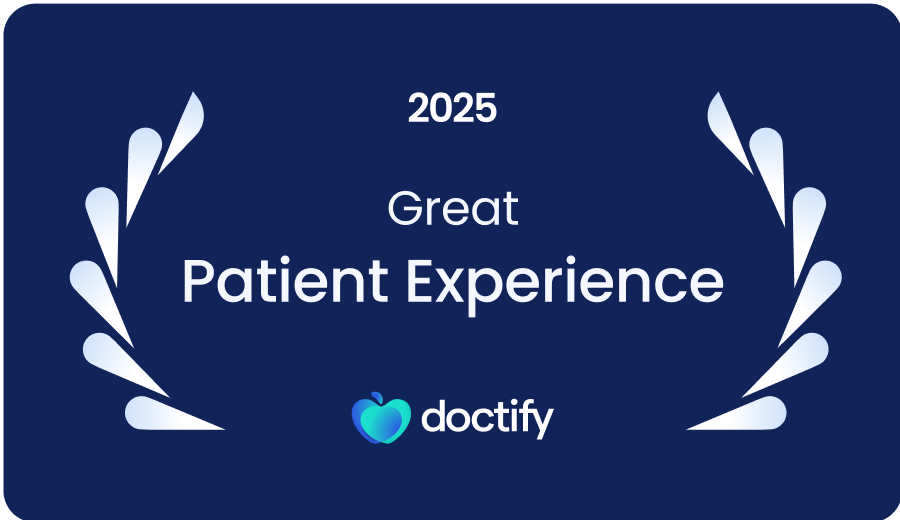As you may know, January is also Veganuary, which is a campaign to encourage people to try veganism for a month for health, ethical and/or environmental reasons(1).
Whilst increasing the amount of vegetables and fruit we consume can only be beneficial, those following a plant-based vegetarian or vegan diet (or any diet for that matter) need to ensure they’re getting enough of the key nutrients vital for our health.
Read on to find out which important nutrients are found predominantly in animal products and may therefore be lacking in a vegan or vegetarian diet.
VITAMIN B12
Vitamin B12’s main role in the body is the maintenance of the nervous system, but it also plays a part in energy production, brain function and making DNA.
Deficiency can result in:
- fatigue and tiredness
- anaemia
- brain fog
- pins and needles, nerve issues
- high homocysteine, which is a risk factor for cardiovascular disease(2) and dementia(3).
Vitamin B12 is stored in the body for 2-3 years so if it intake is reduced due to a vegan or vegetarian diet, symptoms of deficiency may not appear for some time. Supplementation is recommended for vegans(4).
OMEGA-3 FATTY ACIDS – EPA & DHA
Essential fatty acids such as docosahexaenoic acid (DHA) and eicosapentaenoic acid (EPA) are important parts of every cell in our body as well as important chemicals that contribute to regulating blood pressure and inflammation(5) These anti-inflammatory fatty acids also protect against a range of diseases such as cancer, heart disease, depression, asthma and autoimmune disorders(5).
Red meat, dairy products and seafood are the main dietary sources of EPA and DHA. Plant foods typically only contain the fatty acid alpha-linolenic acid (ALA) which must be converted to EPA and DHA but conversion levels are low – up to 10% for EPA and up to 5% for DHA.(6) Vegans have been found to have almost half the levels of EPA compared to meat eaters, and almost 60% lower levels of DHA(5).
To ensure vegans and vegetarians get enough EPA and DHA, it’s important to eat ALA-rich plant foods(7), and supplementation may be necessary.
IRON
Iron is an important component of haemoglobin in red blood cells which helps transport oxygen around the body. Oxygen is used by every cell in the body for energy production.
- Animal sources of iron (heme iron) are fish, poultry, meat and eggs.
- Plant-based sources of iron (heme iron) are beans, lentils, chickpeas, nuts and nut butter, seeds and pulses. However, these sources of iron are not as well absorbed by the body.
Top tips to maximise iron intake:
- help absorption by eating vitamin C rich foods such as broccoli and peppers with iron-containing foods
- avoid drinking tea and coffee with iron-rich foods as the caffeine and polyphenols they contain can inhibit absorption by up to 90%(8)
- pre-soak beans, lentils and grains to maximise digestibility and nutrient absorption
VITAMIN D
Vitamin D has many important roles in the body including:
- activating cells that fight infection and reduce inflammation
- maintaining and building bone strength by aiding the absorption of calcium from your gut and kidneys
Vitamin D is synthesised in the body when skin is exposed to sunlight. Dietary sources are:
- fish such as salmon, mackerel, sardines and tuna
- eggs
- milk, butter and cheese
- mushrooms
- fortified foods
The NHS recommends(9) that everyone in the UK supplements with Vitamin D between October and March (and children all year round), but if you are following a vegan or vegetarian diet, you may need higher levels of supplementation.
Read our factsheet on Vitamin D(10) for more info.
VITAMIN A (Retinol)
Vitamin A contributes to a healthy immune system, skin and eye health, reproduction and gut health. It’s also important for the proper functioning of the heart, lungs, kidneys, and other organs.
Dietary sources of Vitamin A (also known as retinol) are:
- cheese
- eggs
- oily fish
- meat
- milk and yoghurt
- liver and liver products such as pate
Beta-carotene found in plants can be converted into vitamin A. The main sources of beta-carotene are:
- Yellow, red and green leafy vegetables, such as spinach, carrots, sweet potatoes and red peppers
- Yellow fruit such as mango, papaya and apricots
However, levels of absorption and conversion of beta-carotene into Vitamin A by the body can vary from person to person due to a number of factors(11), so vegans may need to supplement.
Please note that Vitamin A can be toxic at high levels so expert advice on supplementation is recommended.
CHOLINE
This recently discovered, less well-known nutrient is essential for brain function and metabolism – the term for all the chemical reactions that take place in our bodies. Low intakes can contribute to brain, heart and liver disorders as well as high cholesterol(12).
Choline is found predominantly in animal products such as eggs, fish, and liver, and to a lesser extent in plant foods such as broccoli and cauliflower(13).
SUPPLEMENTS
Nowadays there are many versions of vegan nutritional supplements available. Vitamin and mineral requirements can vary widely from person to person as a result of age, gender, genetic, dietary intake and health issues.
